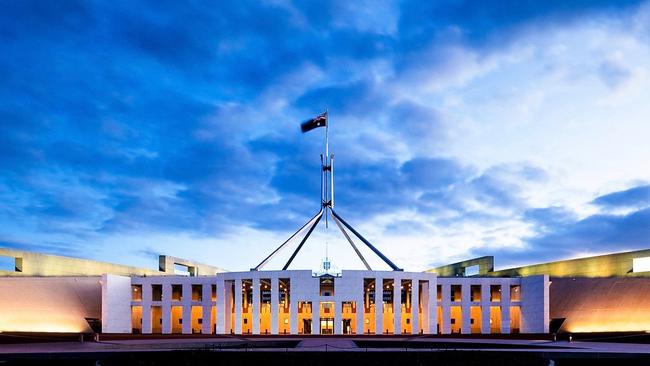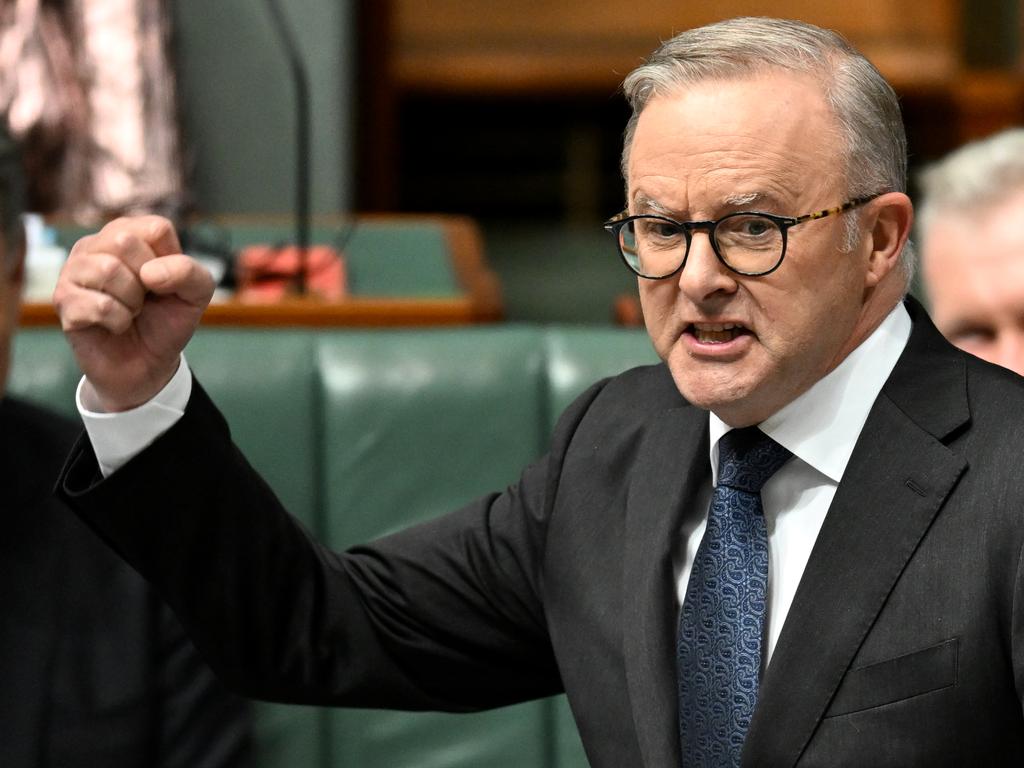
Putting to one side the simple fact that a corporate like PwC never should have had its tentacles so immersed in the activities of the public service in the first place, only doing so because of the slow and steady erosion of the public service because its role has been outsourced. Putting to one side the fact the major parties received hundreds of thousands of dollars in political donations from big firms, including PwC, with very limited disclosure provisions. And putting to one side that it’s the government’s job, nobody else’s, to regulate and oversee good practice, legislating accordingly, how can a cohort as compromised as politicians in Canberra lecture anyone about doing the right thing? About good ethical practices? About avoiding conflicts of interest?
They live in houses made wall to wall from glass.
We are talking about a parliament that for years, decades in fact, resisted the establishment of an anti-corruption body to oversee how politicians behave, despite such bodies cropping up in states all around the country. Finally introducing one during this term, the body has been paired back from original design intentions into little more than a toothless tiger, compromising its effectiveness.
We are talking about parliamentarians who enjoy privilege from the law when they mouth off in the chamber, protected from defamation and the like, or indeed in the star chambers they prefer to call parliamentary committees. The number of defamatory imputations that are hurled in Question Time and during other debates in parliamentary chambers is unethical in the extreme. The false imputations levelled in committees by bush lawyers at best doing the questioning is deeply unethical.
Yet these hypocrites lecture the rest of us about ethics?
And don’t forget all the tawdry goings on that have been revealed in Parliament House in recent years, allegations and proven facts, leading to a surge of interest in the me-too movement, and understandably so.
Everything from the sports rorts saga (times two), robodebt failures and repeated travel allowance misuses. The list goes on.
Report after report has made recommendations on how to improve the bad behaviour in parliament, with recommendations such as curbing alcohol consumption always ignored. Yet parliamentarians continue to lecture the rest of us about good behaviour?
Fancy being lectured on ethics by a government that recently broke a core election commitment on taxation, having time and time again confirmed that it wouldn’t do so, right up until days before announcing the said broken promise. Even refusing to admit to their deceit. I’m talking about the stage three income tax cuts of course.
Lectures on ethics from politicians variously in the pockets of unions, factional leaders and big donors is hard to stomach. The conflict of interest political parties face, at the very least in the perception stakes, when making policy decisions affecting donors. Labor vis a vis the union movement, which donates and is even affiliated to it. We have seen this on display this week concerning new IR laws being legislated.
Yet like moths to a flame, politicians will always stand on principle when a microphone gets shoved in front of them, casting judgment on others without a hint of reflection on their own collective bad behaviour.
Even just the backstabbing way the culture of politics is practised when it comes to rolling MPs at preselection, leaders via coups or unauthorised leaking to the media (it’s a crime by law to divulge cabinet discussions yet journalists get such information all the time) is all unethical in the extreme.
Yet the political class continue to lecture the rest of us about ethics.
If politicians want to be taken seriously they need to remove the hypocrisy from their advice. They need to take responsibility as legislators for what goes wrong on their watch. That has been the case with banks, big consultancy firms in the spotlight now and the untoward actions of the union movement revealed from time to time in the media.
Bear all that in mind the next time your see politicians up on their high horses criticising the actions of others – in cowards castle most of the time.
If they want the wider community, including the business community, to follow higher ethical standards the political leaders of this country need to lead by example. Something they certainly haven’t done for a very long time.
Dr Peter van Onselen is Winthrop professor of politics and public policy at the University of Western Australia.







Listening to politicians lecturing anyone about ethics and conflicts of interest is galling to the point of being laughable. Yet that’s what’s happening, yet again, as the latest parliamentary inquiry gets going into the unacceptable actions of PwC.